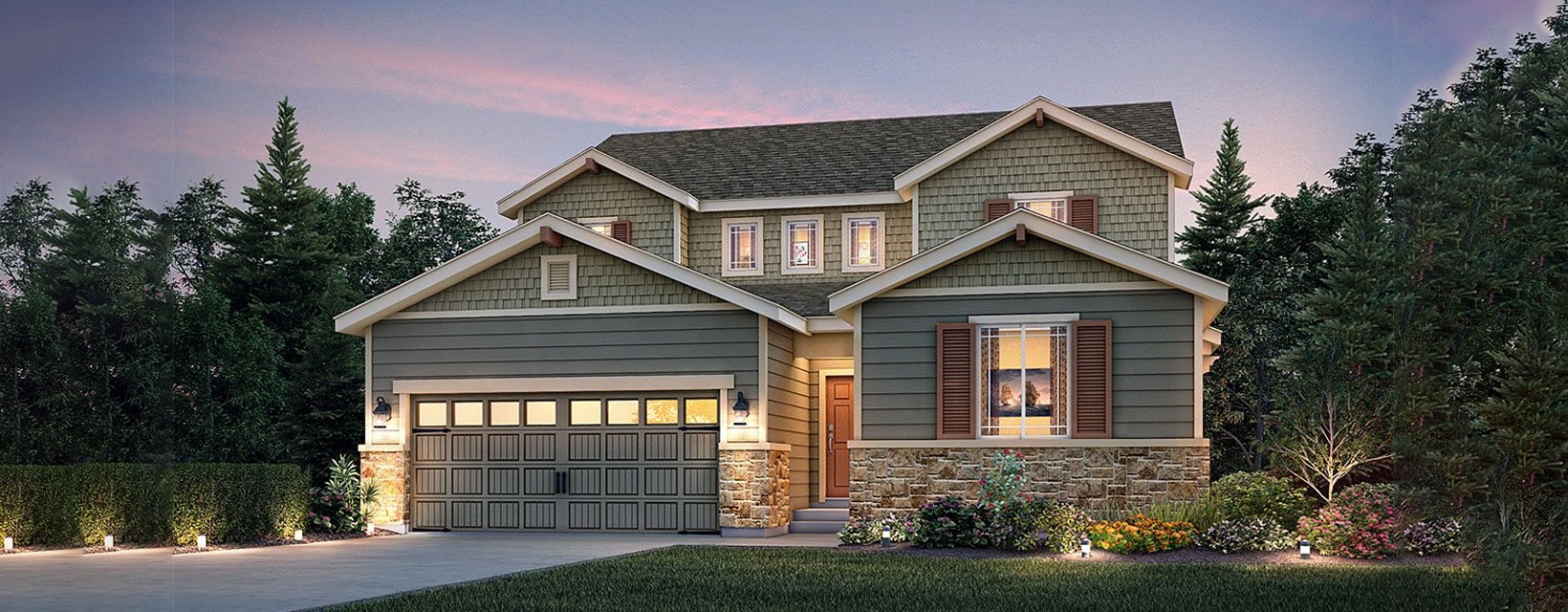Opendoor reported March results with revenue 20% above the Street and raised June guidance 15% above consensus. The company sold 2,462 homes in the quarter, versus Street expectations around 2,140. The results are confirming that the iBuying theme is real, as evidenced by the 190% sequential growth in homes sold in what was a more competitive quarter. iBuying accounts for about 1% of home transactions today, and we expect this to grow to 10% of all transactions by 2030. Loup’s an investor in Opendoor.
Opendoor vs. Zillow
Starting with Zillow, when the company reported March results and guided revenue 4% below expectations, we asked the question: was the company being aggressive enough in bidding for homes? In total, Zillow purchased 1,856 homes in the March quarter, up 4% sequentially. In contrast, Opendoor purchased 3,594 in March, up 78% sequentially. We believe one of the reasons for this divergence is that Opendoor has been more aggressive with their offers, as evidenced by an expanding buy box, i.e., the price and age ranges of homes. Opendoor increased its buy box by 35% in the December quarter and 25% in March. Zillow did not mention specifics around their buy box, adding on its most recent earnings call, “we are constantly experimenting on a market-by-market basis with the buy box…and eventually want to “get the buy box as broad as we possibly can.”
Hidden under Opendoor’s home buying numbers was the fact that the accelerating purchase activity did not effect its margins, which may stem from the hot real estate market. We expect Zillow to be incrementally more aggressive in expanding their buy box and that this gap will narrow over the next couple quarters.
As a side point, both companies are well-capitalized, with Opendoor possessing $2B in cash and Zillow with $3.4B.
The interest rate unknown
A potential pain point for both Opendoor and Zillow is the impact of rising interest rates on the iBuyer business model. Commenting on the topic during its earnings call, Opendoor said it would expect a very modest impact to its business if rates go up. Our modeling suggests a 1% increase in interest rates would have less than a $10m impact to the bottom line, assuming the company sells 15,000 homes in a year at an average selling price of $350,000 and an average holding period of 45 days.
Where interest rates could have a greater impact is if rising interest rates drag on home transaction volume. However, you could argue such a scenario would be a benefit to iBuyers because sellers will be more willing to work with them. Said another way, during slow housing markets, iBuyers provide sellers certainty through its cash offers and the ability to select a closing and move out date. On the other hand, during a hot housing market iBuyer solutions provide speed, convenience and liquidity through its all-cash offers and digital solutions. We believe this gives iBuyers durability throughout various types of housing markets.
The big picture
We’re in the early days of transactional real estate moving online. While it will take time, we believe the liquidity, consumer experience, and superior value proposition that iBuyers offer will transform residential real estate over the next decade.
